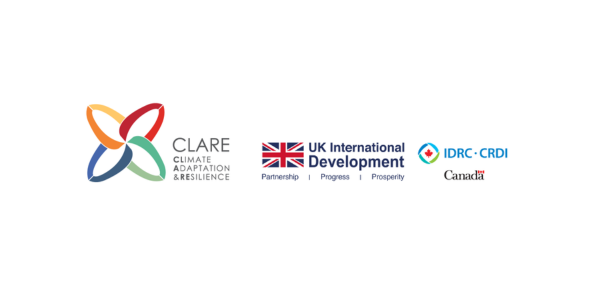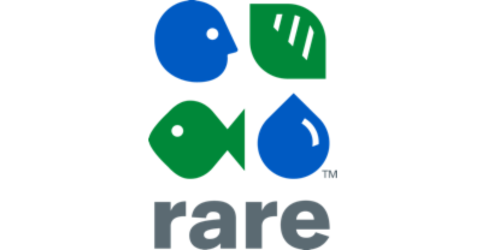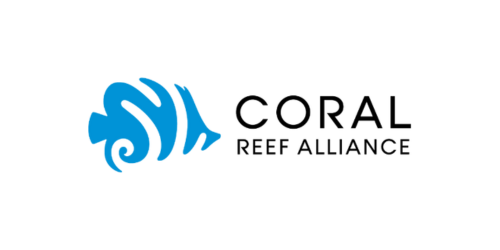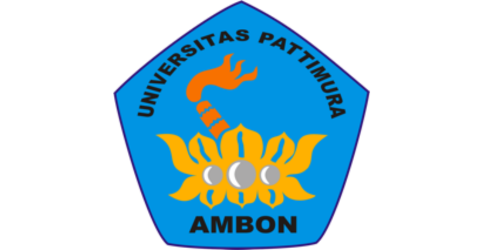Reefs initiative launched to advance equitable pathways to climate adaptation in Asia Pacific
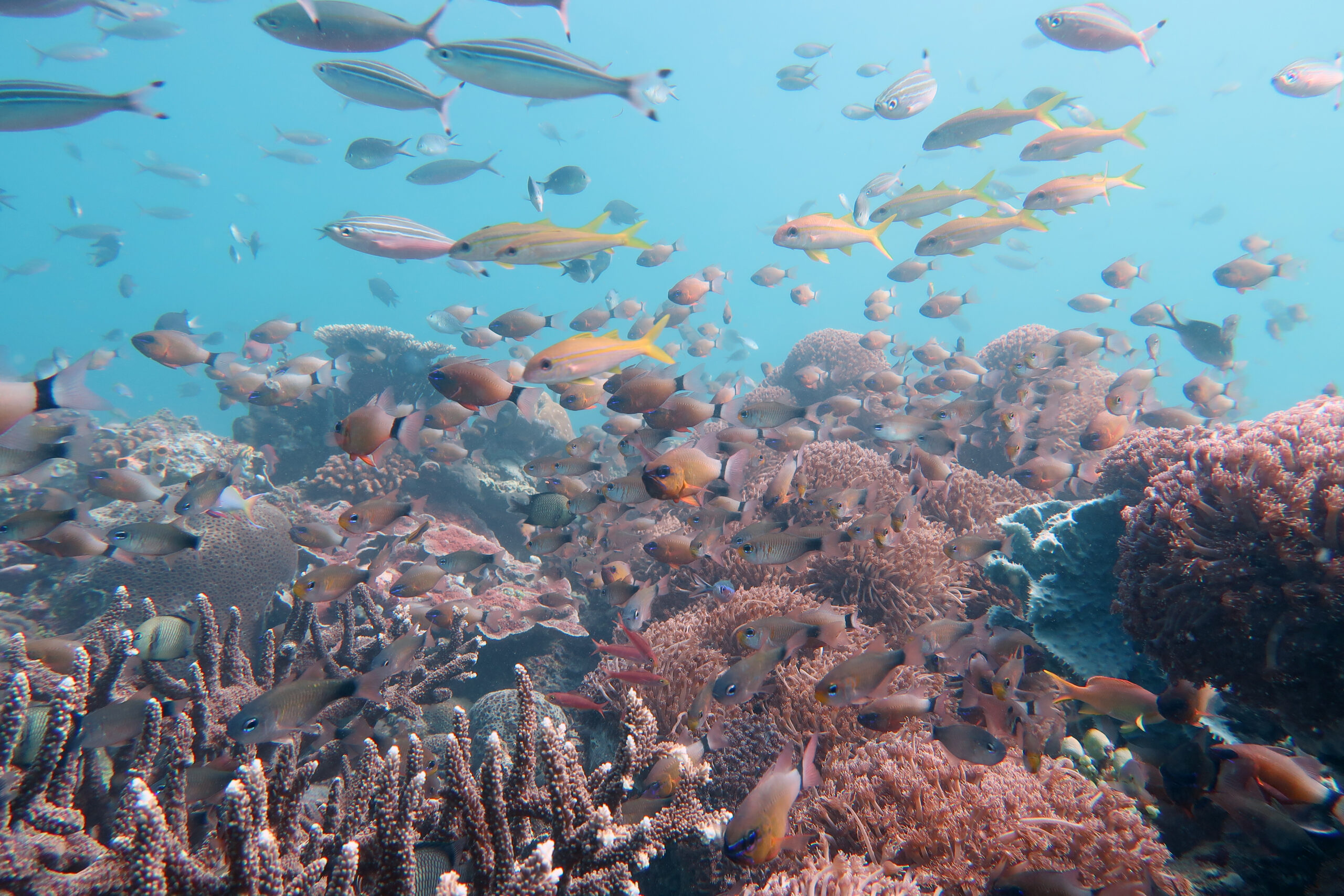
A consortium of universities, development agencies, and NGOs has developed the Climate REEFS project to advance socially equitable climate change adaptation for coastal communities that depend on coral reef resources in Indonesia and the Philippines.
According to a World Bank report, an additional 68 to 135 million people could be pushed into poverty by 2030 because of climate change.
As more frequent marine heatwaves endanger the livelihoods and food security of about 1 billion people globally who benefit from coral reef ecosystems, evidence-based adaptation strategies are paramount to ensuring biodiversity protection and sustainable use.
Currently, management approaches mostly target reefs less exposed to heat stress but ignore biological and social adaptation that can reduce the risks that climate change poses to sustainable ocean livelihoods.
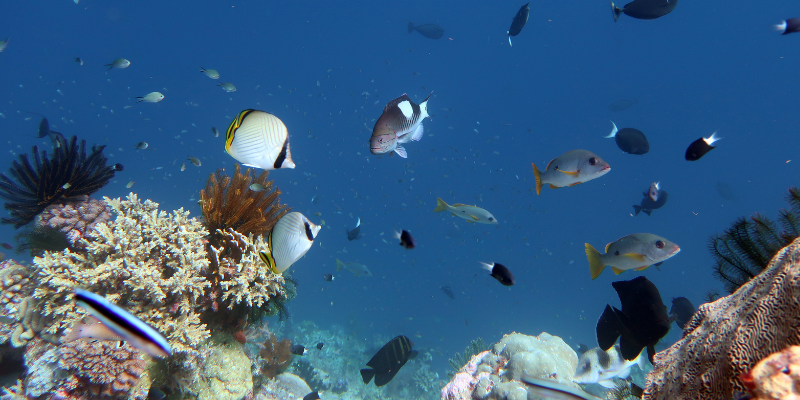
Climate REEFS will help solve this problem by identifying adaptive reefs from space and by characterizing the social vulnerabilities of different stakeholders, particularly women and marginalized groups.
The project will quantify how reef structure predicts species and genetic diversity, which likely links to a reef’s capacity to adapt to climate change. It also aims to develop socially equitable, context-specific climate adaptation pathways.
University of Leeds researchers join partners including Pattiumra University (Indonesia), the international NGOs Rare and the Coral Reef Alliance (CORAL).
Climate REEFS will implement social research to identify the climate vulnerability of coastal communities together with gender and socially inclusive adaptation pathways, geospatial research to detect adaptive reefs from satellite-derived data, and ecological and genomic research to pilot an analysis that tests the interplay of climate change-adaptiveness from genes to people.
"The impacts of climate change are not felt evenly across genders and geographies. It is particularly important to understand how degraded coral reefs are impacting women and other marginalized groups in the Asia Pacific so we can design climate adaptation strategies that support all members of a community,” added Rocky Sanchez Tirona, Managing Director of Rare’s Fish Forever program.
Sustainable fishing
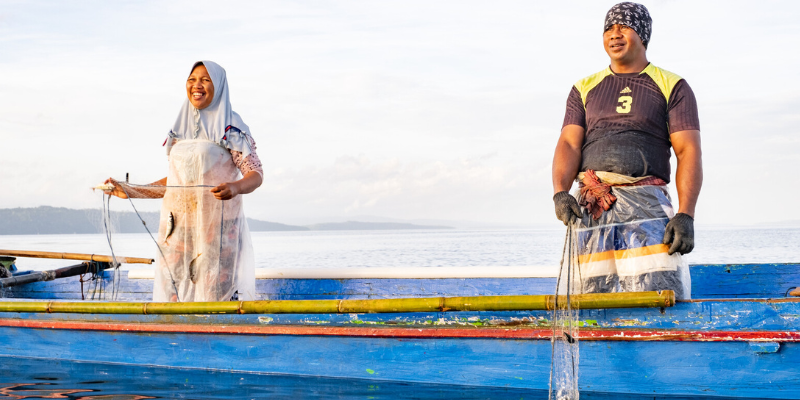
Image credit: J Houston
The project aims to work both on local and national levels towards sustainable climate-smart coastal fishing livelihoods.
“Climate REEFS will help people in the village get information on the health of their reefs, how they are used, and help develop policies about their future use. Most fishers never see the reef so they don’t realise their impact,” said Professor Gino Limmon, Director of Maritime and Marine Science Center of Excellence at the Pattimura University.
It is exciting to have this multi-disciplinary team coming together to conduct innovative research that will inform policy and management as well as strengthen science capacity in Indonesia and the Philippines
Climate REEFS is part of CLARE’s first cohort of projects.
CLARE is a £110m, UK-Canada framework research programme on Climate Adaptation and Resilience, aiming to enable socially inclusive and sustainable action to build resilience to climate change and natural hazards. CLARE is an initiative jointly designed and run by the UK Foreign Commonwealth and Development Office and Canada’s International Development Research Centre.
CLARE is primarily funded by UK aid from the UK government, along with the International Development Research Centre, Canada.
The project is also funded through FCDO’s £154m COAST programme, which is part of the UK’s £500m Blue Planet Fund portfolio.
COAST aims to support climate change adaptation and more prosperous, sustainable, and resilient coastal economies, focusing on protecting and restoring coastal habitats, strengthening the sustainability and climate resilience of small-scale fisheries, unlocking more sustainable aquaculture production, and driving inclusive coastal governance and planning.

